
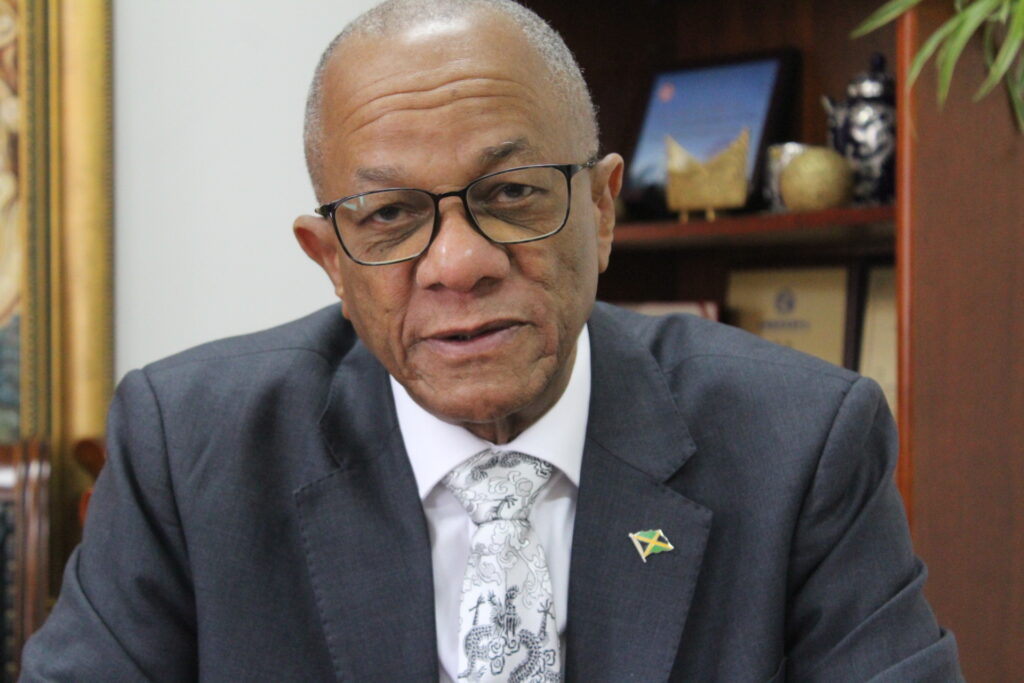
By Gavin Riley in Beijing
Ambassador Arthur Williams, Jamaica’s official envoy to the People’s Republic of China, says that threats by President-elect Donald Trump to deepen a ‘trade war’ pose marginal negative implications for the island and the wider Caribbean.
Williams, in an exclusive interview with Our Today at the Jamaican Embassy’s Beijing headquarters, was confident the region would avoid major economic fallout as the world’s two largest economic powers square up for a second temperamental Trump tenure.
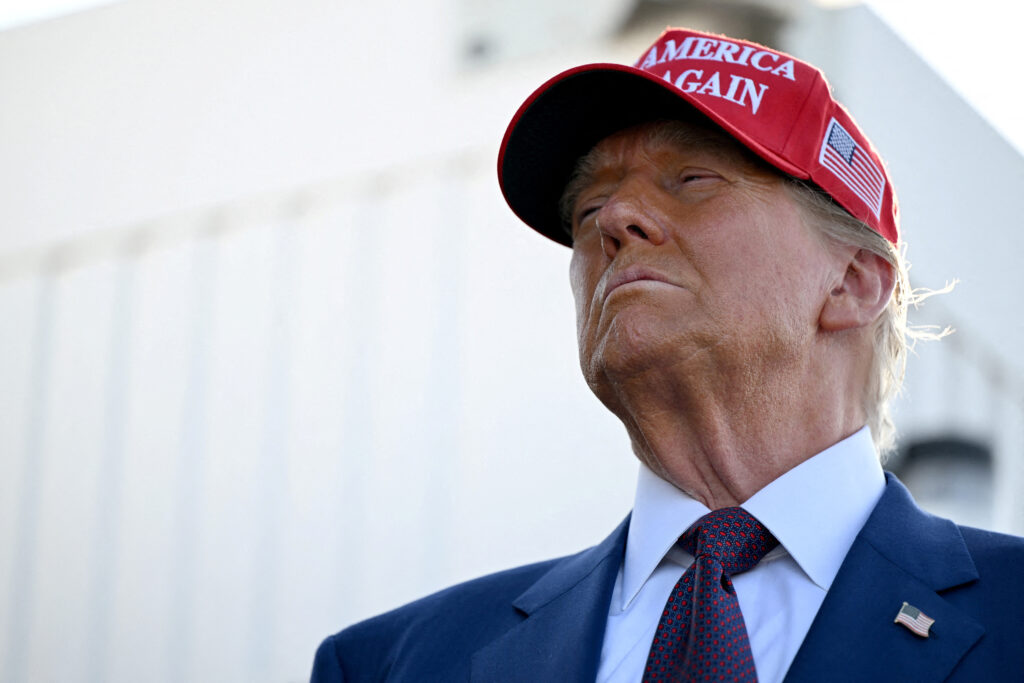
“Yes, it is likely that there can be some impact on Jamaica if the trade war gets serious, but I’m not worried. The dynamics of our economic relations now suggest that we will continue sailing on. Maybe we encounter a little wind but nothing of hurricane force to veer us off course. So we will survive,” he argued.
Trump in late November pledged tariffs on Canada, Mexico and China—the United States’ three largest trading partners—detailing how he will implement campaign promises that could trigger trade wars.
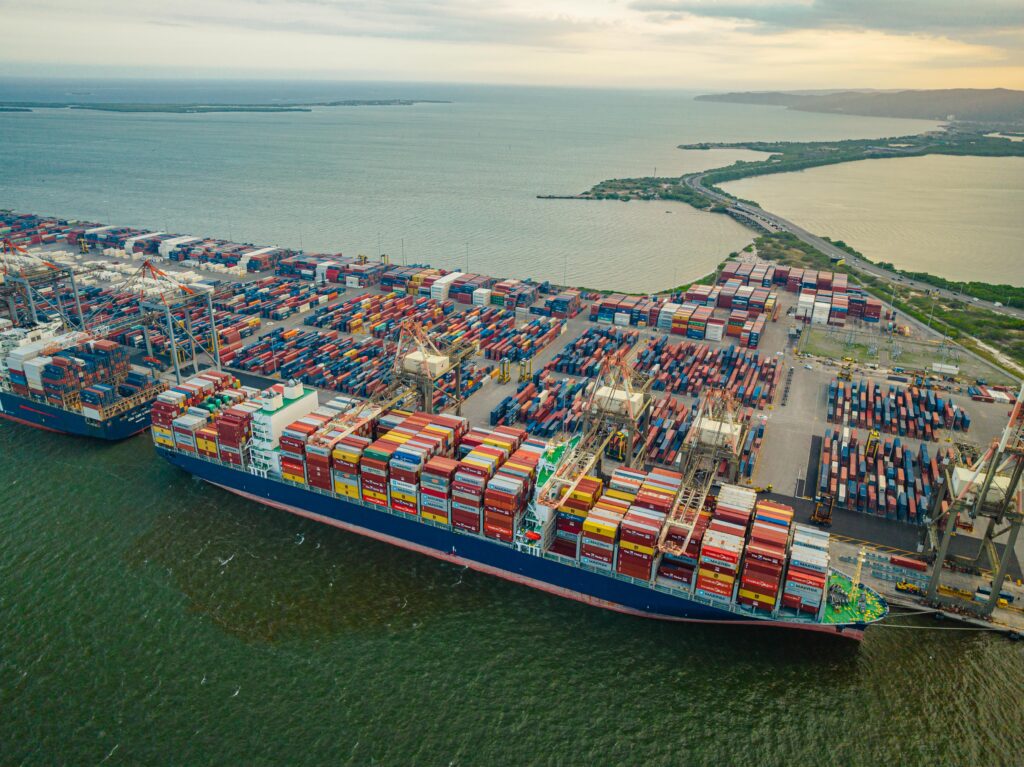
From the automotive and electronic industries to food and beverage firms, global companies find themselves in the crosshairs of Trump’s expanded tariffs—setting off disquiet and worsening inflation fears across the international community.
Nevertheless, Williams maintained that it is time for Jamaica to redouble ambitions to grow exports to China on par with its imports from the East Asian superpower.
“Well, we have a challenge in ramping up our exports to China. Our challenge is that when [shipping] containers come to Jamaica full of our imports, we [have been unable] to fill it to send back with our exports and that is where we should be aiming,” explained the ambassador.
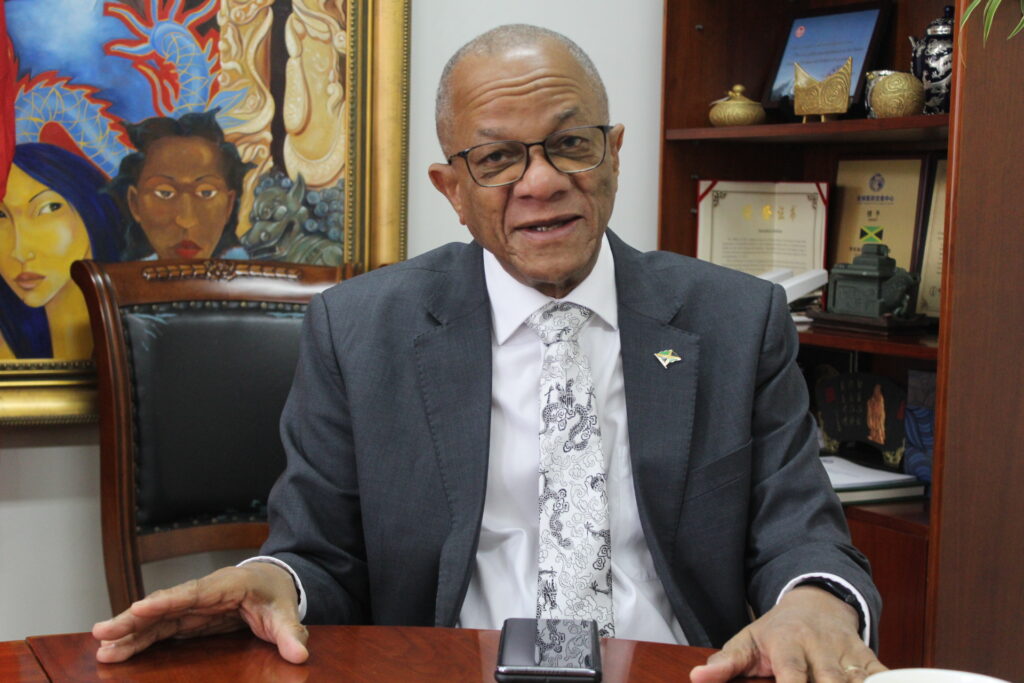
“We have started the process of ramping up our exports to China, in the area of crustaceans, we are now shipping live and frozen lobster and looking at other seafood,” he said.
Jamaican pork exports are another prime product that could carve a niche in China’s 1.4 billion-strong customer market, he added. “China is the biggest consumer of pork in the world, so if we can get into that market—even though our share would be relatively small—it’d be very important for us.”
Williams told Our Today that tapping into seasoning and spices is also high on Jamaica’s agenda since China sits on a multi-billion-dollar market. To this end, the ambassador recently accompanied a small consortium of Chinese investors to the island with a feverish interest in Jamaican scotch bonnet pepper and all-spice (pimento).

“Yes, we do a little coffee and rum here and there but one of the areas I am working on is increasing our exports of herbs and spices,” Williams said.
With healthy bilateral relations, China has grown into Jamaica’s second-largest trading partner, a position Beijing wants to greatly capitalise on in the coming years.
Earlier this September, China offered Caribbean countries a renewed commitment to deepen political mutual trust and enhance economic and trade opportunities at the Fourth China-Caribbean Economic and Trade Cooperation Forum.
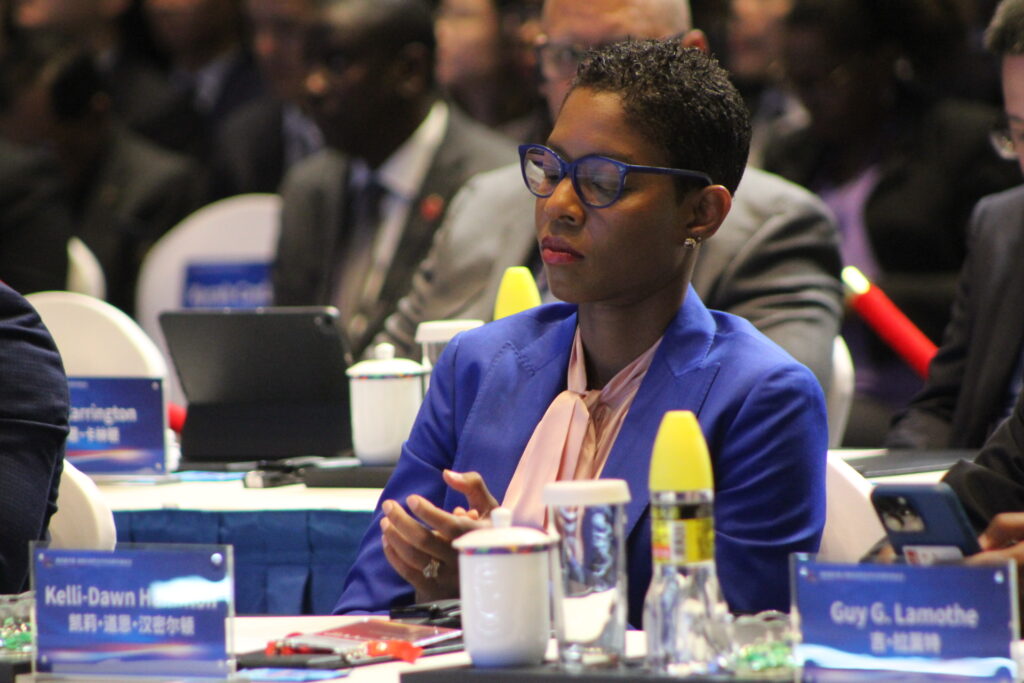
Some three weeks prior, President Xi Jinping said that his government moved to “unilaterally” open its massive market advantage for trade opportunities; offering least-developed countries (LDCs) with diplomatic ties to China “zero-tariff treatment for 100 per cent tariff lines”.
RELATED: Xi announces billions in new investment, development plans for Africa at 2024 FOCAC Summit
READ MORE: China and Caribbean countries forge new partnerships around emerging sectors
The unprecedented partnership bridge, which China insists it extends for a ‘shared humanity’ with all countries of the Global South, has not gone unnoticed by the industrialised West.
Asked about his perspective on the ‘debt-trap’ rhetoric pervasive in Western media, Williams found Jamaica’s steady macroeconomic indicators a better gauge of international concern.
He laid the facts bare: China supplies a large share of imports and Jamaica has tangible evidence of its partnership in the Belt and Road Initiative (BRI), which it joined in 2017.

“We can’t not import China’s machinery and equipment; we need them. The value we have gotten from China, in terms of highway development, is something which we could not have afforded ourselves. If China didn’t, it would have to be someone else! I’m not concerned about the ‘debt-trap’ rhetoric, what concerns me is whether we have the ability to repay,” said the ambassador.
“For many years, we did not have the fiscal space to [effect] the infrastructural development we have done and what China did was to provide the means of financing so we could use what we had for schools and other domestic sectors. So if it wasn’t China, it would be somebody else. I’m not worried about a ‘debt trap’; there is a debt and we have shown in recent years that our economy is on a path where we can repay those loans,” Williams added.
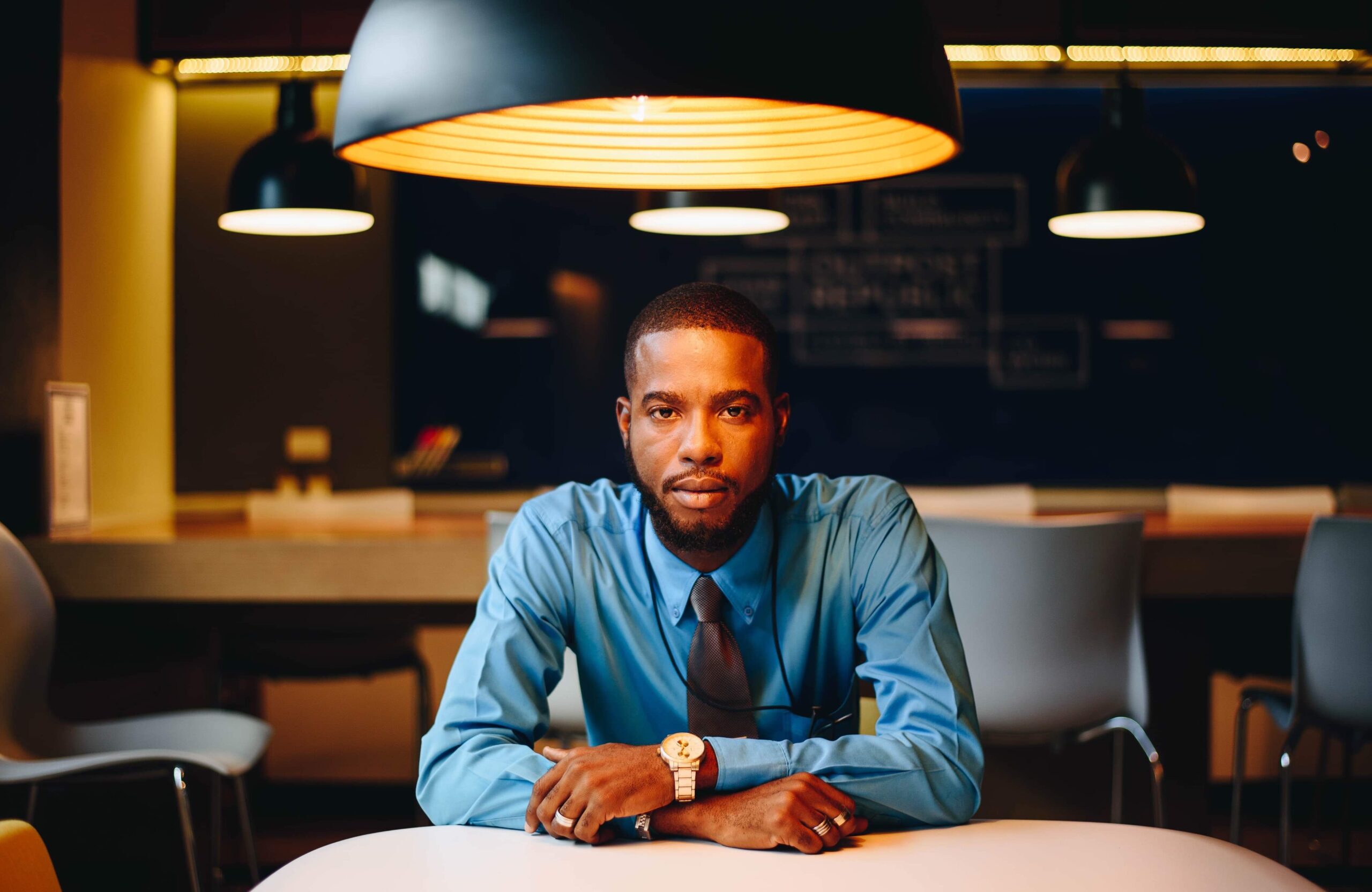
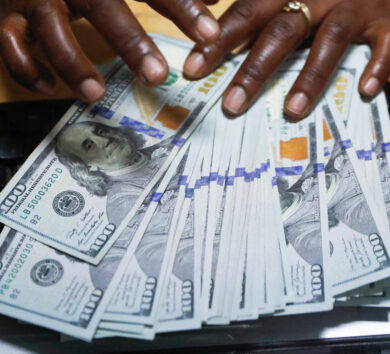
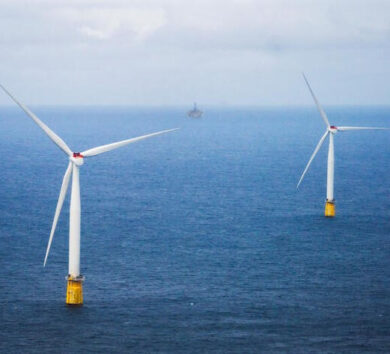
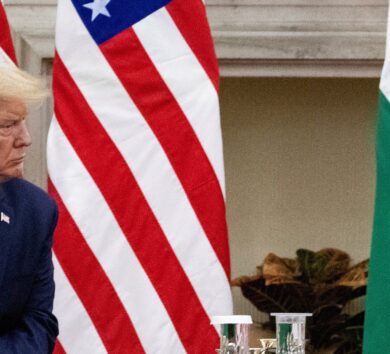


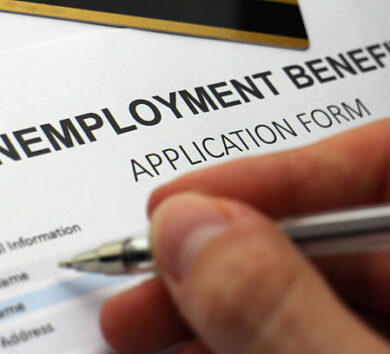
Comments